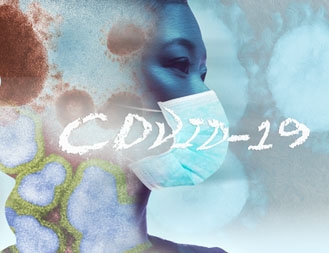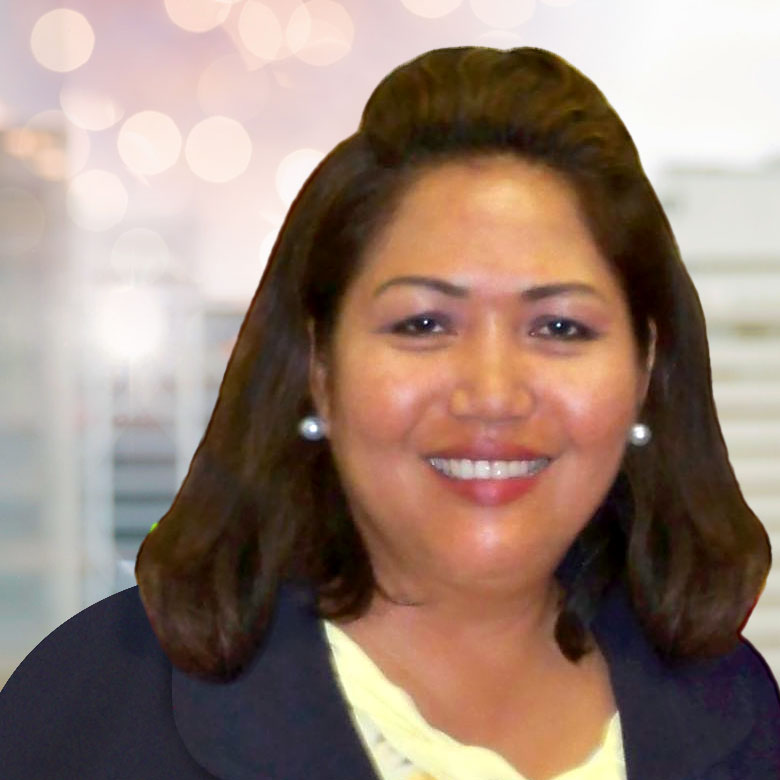How is the Elderly Nursing Home Care Facility Lockdown Affecting your Loved Ones?
By: Rosemarie Tamunday Casanova — RN, BSN, MHA
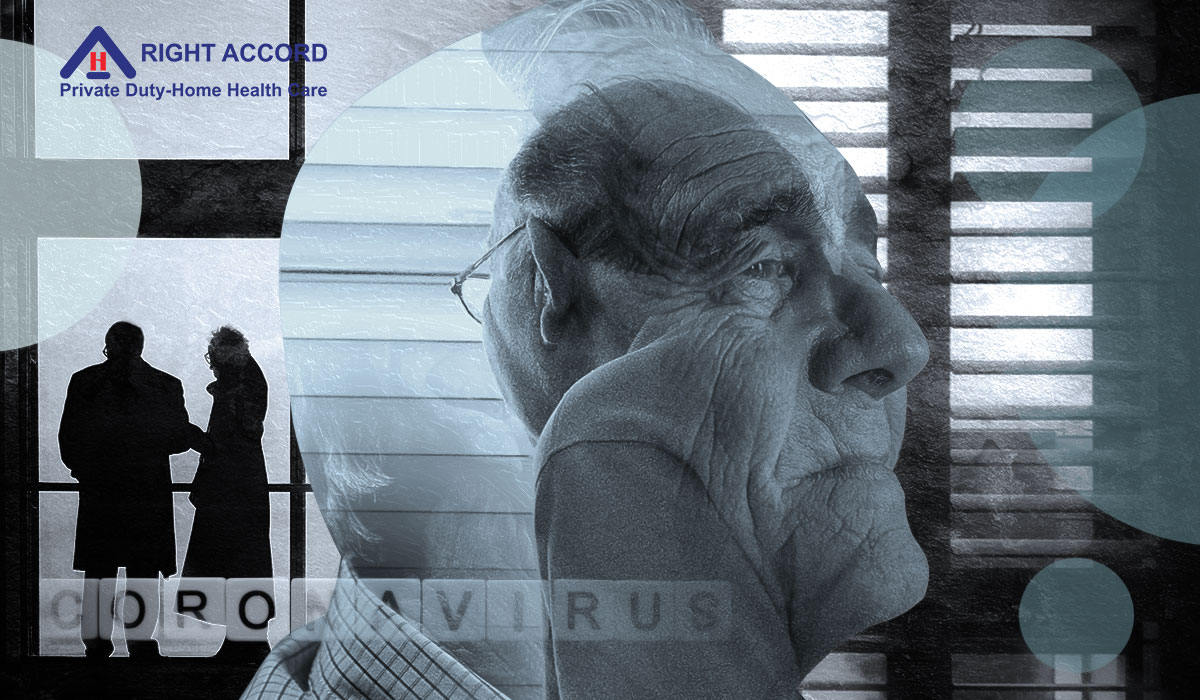
In the midst of the Covid-19 pandemic, many nursing home care for elderly facilities have had to shut down in order to help contain the spread of the deadly viral disease.
The ones which have continued to provide elderly care do so with severe restrictions that allow only the very essential workers to get into the facilities.
While this may seem to be rather harsh at first glance, it is not entirely an easy decision to make.
The existing evidence so far points to the elderly being at the greatest risk of coronavirus infection according to the Centres for Disease Control and Prevention, as well as resulting morbidity and mortality from it.
The potentially life threatening disease is now responsible for thousands of deaths among seniors across the globe.
As a result of this, it becomes paramount that this cherished population is protected as much as possible.

In What Ways has the Elderly Nursing Home Care Facility Lockdown Due to Coronavirus Affected our Elderly Loved Ones?
Unfortunately, as altruistic as the decision to keep our vulnerable seniors indoors is, most of them have not found it to be a very pleasant situation.
On the contrary, the lockdown of several nursing home care facilities and the concomitant visiting restrictions have led to a spike in the level of loneliness recorded among Seniors.
A lot of senior citizens residing in elderly homes now battle with depression as a result of being kept away from their dear and loved ones, some of whom are near and yet, inaccessible.
Many facilities are now reportedly treating them to overcome the period of mentally challenging times.
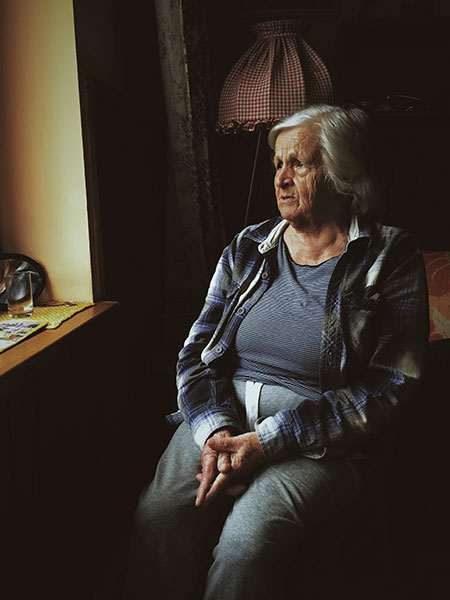
If we consider the mental state of some of the seniors, it'd be more understandable why they struggle to grasp their new realities.
For one thing, many of the seniors residing in elderly care homes already suffer from cognitive problems that make it difficult to fully understand the situation on the ground.
For them, they simply feel that they have been totally abandoned by their children, leading them to experience increased anxiety and depression.
To add to their loneliness and boredom, engaging and refreshing activities which they hitherto enjoyed such as scheduled excursions have been cancelled, in order to protect them from the deadly virus.
Going beyond the psychological aspects of the situation, there is also the fear of physical derailment arising from a lack of exercise hitherto gotten from activities like strolling, leisure walking, excursions, etc.
Many facilities fear that their residents would lose their autonomy if they continue with the restrictions, backsliding into dependency, which is something they strive to maintain for them - autonomy, independence, and dignity.
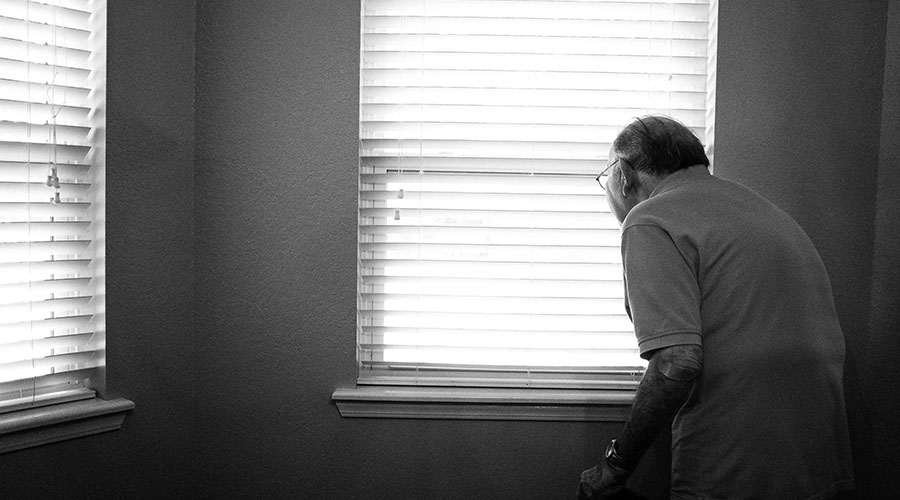
"The health of our elderly residents in the community are paramount to us, and so we will do all we can to safeguard it."
Helping Our Senior Loved Ones Through Covid-19
As much uncertainty swirls around the Covid-19 pandemic especially regarding how long it may last, many facilities are getting ready to remain in a lockdown for as long as is necessary, in order to ensure that their residents are kept as safe as possible.
This commitment is also evident in the precautionary measures that have been taken, including following very closely, the guidelines and suggestions of the CDC and the Departments of. Public Health and County Health.
Geriatric-care specialists have weighed in on how the elderly can be kept as healthy as possible in the face of the coronavirus pandemic and their recommendations are as follows:
That the rules of elderly care facilities be adhered to by the residents as it is in their best interests.
This includes:
- Respecting the lockdown protocols
- Ramping up cleaning of surfaces
- The need for staff of the facilities to carefully check their own temperature, so that they don't inadvertently contribute to spread
They also advise that long term elderly care facilities should have staff who are solely in charge of caring for residents who are positive to the virus, in order to limit possible spread.
These facilities should also assess the well-being of their new residents especially regarding their respiratory health.
Even as the lockdown restrictions are easing up for other businesses, at Right Accord Home Health Agency, extreme caution is still being taken because of the particular vulnerability of the aging population to the disease.
"The health of our elderly residents in the community are paramount to us, and so we will do all we can to safeguard it." says Rosemarie Tamunday, the director of Right Accord Home Health Agency, Sarasota, Florida.
This is a wise decision considering how easily one case can spread to others in a very short time.
Improvised Engagement
In-house entertainment provided by the residents themselves can be used as a means of warding off boredom.
Even though fun, outdoor activities may no longer be permitted, who says entertainment can't be gotten right inside the facility?
As a matter of fact, many elderly health facilities have taken to this as a means of boosting the spirits of their inhabitants.
They now organize mini in-house shows where the seniors get to engage with themselves more, share their stories with each other and bond more.

Safer, Non-physical Connection
PHONE CALLS
To compensate for the lack of their physical presence, family members are encouraged to make more frequent phone calls, not just to enquire about the seniors' health status, but also to simply chat and talk about their day-to-day activities.
It is also not unheard of to see some family members outside facilities talking to their elderly loved ones through the windows or glass doors.
VIDEO CALLS
These come in really handy for more realistic connections. Webcams and smartphones are being used for this purpose.
Even though the downside of this is that many seniors may not be tech savvy or conversant with the use of such applications.
GOOD OLD LETTER WRITING
For seniors who are more used to this means of communication, this is as good a time as any to bring it back.
Also, this solves the problem of lack of tech savviness on the part of some seniors.
How Caregivers Can Help
Caregivers and home healthcare providers have been indispensable and arguably the heroes of the pandemic season.
In particular, caregivers can help the elderly ones who are struggling to adapt to the situation in a lot of ways:
COMMUNICATIONS
Feelings of loneliness and abandonment can be greatly minimized or even eliminated through keeping up with constant communication using technological devices.
Seniors who are able to do so are shown how to get access to their emails and also do video conferencing as well as other forms of communication.
They are also shown how to make use of YouTube videos and some other content such as easy workouts, which can be carried out in their rooms.
These forms of virtual entertainment keep the nursing home residents occupied and entertained.
In the cases where the seniors are not able to do these themselves, caregivers often help with the technical aspects of setting them up.
HEALTH NEEDS
Beyond the need for communication and companionship, the elderly often also have health and medical needs and these are taken care of by Caregivers and nursing aides in elderly home care facilities.
Some of these needs include:
- Pain management
- Wound care and management
- Help taking their medication when due
- Occupational and physical therapy
- Education of patient and caregivers
- Assistance with Exercise programs
- Help with personal care like bathing, dressing, and grooming
- Basic hygiene and toileting
- Assistance with getting home after discharge and with hospital appointments
- Assistance with Activities of daily living (ADL)
- Occupational / Speech therapy
HEALTH EDUCATION
Even though the strict measures being undertaken are for their own good, a lot of seniors are feeling isolated, fearful and anxious during this time.
This is especially the case for seniors who have dementia and so, are more likely to be agitated, scared, or confused due to their inability to understand or remember the reason for the major lifestyle changes they are experiencing.
Caregivers come in handy here, as they patiently explain all they need to know and do to stay on top of the situation.
They also educate them on the need for the maintenance of adequate hand hygiene and other precautionary measures that they're capable of carrying out.
Should You Remove Your Elderly Lover One From A Care Facility?
In as much as there is some concern about the safety of the seniors in elderly care home health facilities, mostly as a result of ease of viral spread, a lack of definitive treatment, as well as a vaccine for prevention, it is still not far from the truth to say that they are safer in these facilities as the Caregivers are already trained to give care in similar conditions.
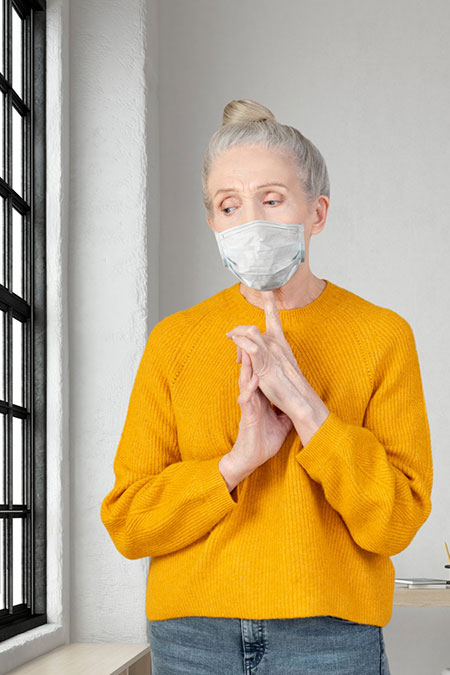
It is customary for some facilities to go on lockdowns during the flu season, and so they already have reasonable experience in containing the spread of viral illnesses in elderly home care facilities.
Some persons argue that it is perhaps more risky to remove the seniors from these facilities without careful planning and preparation as they could face greater health risks outside where the lockdown restrictions are likely to be much less strict.
Also, poor hygiene practices possibly found within a home could raise the risk of infection spread for the elderly individuals.
The decision to rehouse a loved one is quite a serious one and one which requires an individualized approach that is based on the person’s care needs. It is a choice that can result in severe consequences.
If indeed, families decide to take care of their loved ones at their homes due to the coronavirus outbreak, then it is imperative that a care plan is put in place to make sure that the same level and quality of medical care and attention is made available to them.
As much as the Covid-19 pandemic has disrupted the normal way of living known to us and our elderly loved ones, it is important that we do what we can to keep afloat, and more importantly, remain positive and united in the fight against our "invisible" enemy.


